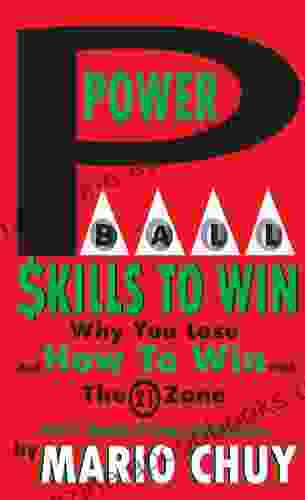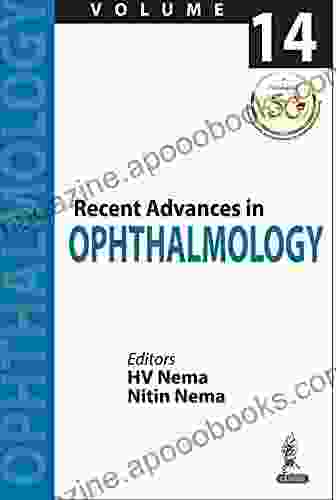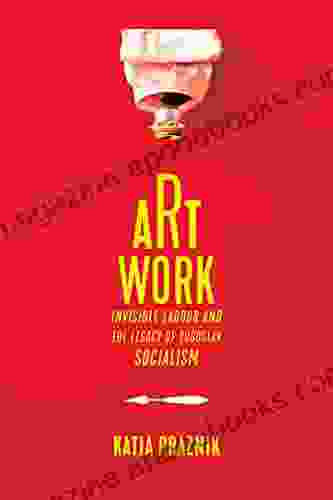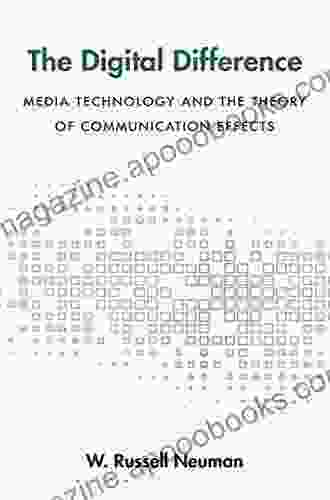Unveiling the Battlefield of Identity and Power: A Journey into Hannah Moscovitch's "This Is War"

In the literary landscape of contemporary Canadian drama, Hannah Moscovitch's "This Is War" stands as a poignant and thought-provoking exploration of identity, power, and the complexities of human relationships. Through its raw and unflinching portrayal of domestic violence and its aftermath, the play invites readers to confront the insidious nature of violence and the profound toll it takes on both victims and perpetrators alike.

4.4 out of 5
| Language | : | English |
| File size | : | 1709 KB |
| Text-to-Speech | : | Enabled |
| Screen Reader | : | Supported |
| Enhanced typesetting | : | Enabled |
| Print length | : | 96 pages |
| Lending | : | Enabled |
A Battleground of Emotions
The play's title, "This Is War," aptly reflects the visceral nature of the conflict at its core. The home, traditionally perceived as a sanctuary of comfort and safety, becomes a battleground where physical and emotional violence erupt. Moscovitch deftly exposes the raw emotions that fuel such violence, capturing the fear, anger, and despair that consume her characters.
The central characters of the play, Gemma and Todd, present a paradigm of the power dynamics that underlie domestic violence. Gemma, a young and ambitious writer, struggles to reconcile her dreams with the reality of her abusive relationship with Todd, a charismatic but volatile musician. Through their interactions, Moscovitch delves into the psychology of both the victim and the perpetrator, shedding light on the complex interplay of love, loyalty, and the corrosive effects of power.
Unveiling the Scars of Trauma
As the play progresses, the scars of domestic violence become increasingly apparent. Gemma's physical and emotional wounds are a constant reminder of the brutality she has endured. Moscovitch's unflinching depiction of the aftermath of violence is both harrowing and necessary, exposing the long-lasting consequences that victims often face.
Through Gemma's fractured memories and fragmented dialogue, the reader is granted a glimpse into the insidious nature of trauma. Moscovitch challenges the commonly held belief that time heals all wounds, demonstrating instead how the scars of violence can linger long after the physical abuse has ended.
The Role of Identity and Memory
In "This Is War," identity and memory play a pivotal role in shaping the characters' experiences. Gemma's sense of self is perpetually undermined by Todd's manipulation and gaslighting. Moscovitch expertly exposes the ways in which domestic violence can erode a person's self-worth and sense of agency.
The play also delves into the complexities of memory, revealing how it can be both a source of solace and a torment for victims of trauma. Gemma's fragmented and unreliable memories mirror her struggle to reconcile her experiences and reclaim her identity.
A Catalyst for Change
Despite its unflinching portrayal of domestic violence, "This Is War" is ultimately a play about hope and resilience. Through Gemma's journey of healing and self-discovery, Moscovitch offers a glimmer of light in the face of adversity.
The play serves as a catalyst for change, encouraging readers to confront the pervasive issue of domestic violence and challenge the societal norms that perpetuate it. Moscovitch's powerful storytelling ignites a call for action, inspiring readers to engage in conversations, challenge harmful attitudes, and support survivors.
Hannah Moscovitch's "This Is War" is an unsparing and deeply moving exploration of domestic violence, identity, and the power of resilience. Through its raw and unflinching portrayal of trauma and its aftermath, the play challenges readers to confront the insidious nature of violence and its enduring impact on human lives.
More than a work of fiction, "This Is War" is an urgent call to action, inspiring readers to break the cycle of violence, support victims, and work towards a society where everyone has the right to live free from fear and abuse. Its powerful storytelling and thought-provoking themes make it an essential read for anyone interested in understanding the complexities of domestic violence and its societal consequences.
4.4 out of 5
| Language | : | English |
| File size | : | 1709 KB |
| Text-to-Speech | : | Enabled |
| Screen Reader | : | Supported |
| Enhanced typesetting | : | Enabled |
| Print length | : | 96 pages |
| Lending | : | Enabled |
Do you want to contribute by writing guest posts on this blog?
Please contact us and send us a resume of previous articles that you have written.
 Book
Book Novel
Novel Page
Page Chapter
Chapter Text
Text Story
Story Genre
Genre Reader
Reader Library
Library Paperback
Paperback E-book
E-book Magazine
Magazine Newspaper
Newspaper Paragraph
Paragraph Sentence
Sentence Bookmark
Bookmark Shelf
Shelf Glossary
Glossary Bibliography
Bibliography Foreword
Foreword Preface
Preface Synopsis
Synopsis Annotation
Annotation Footnote
Footnote Manuscript
Manuscript Scroll
Scroll Codex
Codex Tome
Tome Bestseller
Bestseller Classics
Classics Library card
Library card Narrative
Narrative Biography
Biography Autobiography
Autobiography Memoir
Memoir Reference
Reference Encyclopedia
Encyclopedia Sir Richard Francis Burton
Sir Richard Francis Burton Leighton Andrews
Leighton Andrews John Ribner
John Ribner James Fearnley
James Fearnley Hammond Innes
Hammond Innes Harvey Kurtzman
Harvey Kurtzman Vicky Roubekas
Vicky Roubekas Lichelle Slater
Lichelle Slater Peter Philippson
Peter Philippson Irma Garcia Rios
Irma Garcia Rios Stella Andrews
Stella Andrews Islwyn Ffowc Elis
Islwyn Ffowc Elis Haruki Murakami
Haruki Murakami Susan J Carroll
Susan J Carroll Rachel Druten
Rachel Druten Ian Mcewan
Ian Mcewan Samuel Carroll
Samuel Carroll Heide Goody
Heide Goody Hedrick Smith
Hedrick Smith Katie Startzman
Katie Startzman
Light bulbAdvertise smarter! Our strategic ad space ensures maximum exposure. Reserve your spot today!

 Michael SimmonsIndulge in Culinary Delights with "In for Treat": A Comprehensive Cookbook...
Michael SimmonsIndulge in Culinary Delights with "In for Treat": A Comprehensive Cookbook...
 Darnell MitchellReader's Guide to Bridge to Terabithia: A Journey into Imagination and Beyond
Darnell MitchellReader's Guide to Bridge to Terabithia: A Journey into Imagination and Beyond
 Reed MitchellUnveiling the Valentine's Day Heart Cross Stitch Pattern: A Masterpiece of...
Reed MitchellUnveiling the Valentine's Day Heart Cross Stitch Pattern: A Masterpiece of... Dylan HayesFollow ·16.7k
Dylan HayesFollow ·16.7k José SaramagoFollow ·6.8k
José SaramagoFollow ·6.8k Dylan MitchellFollow ·16.7k
Dylan MitchellFollow ·16.7k Mason PowellFollow ·15.3k
Mason PowellFollow ·15.3k Vernon BlairFollow ·12.8k
Vernon BlairFollow ·12.8k Alvin BellFollow ·3.5k
Alvin BellFollow ·3.5k Graham BlairFollow ·11.4k
Graham BlairFollow ·11.4k Paulo CoelhoFollow ·8.2k
Paulo CoelhoFollow ·8.2k

 Stanley Bell
Stanley BellUnlock the Secrets of Powerball Success: Master the...
Prepare to shatter the odds and transform...

 Ernest J. Gaines
Ernest J. GainesPatti Smith Horses 33 55: A Photographic Journey into a...
Journey into the raw and...

 Isaiah Price
Isaiah PriceMoyamoya Disease Diagnosis And Treatment: A Comprehensive...
Moyamoya Disease...

 Joseph Foster
Joseph FosterRecent Advances in Ophthalmology, Volume 14
Editor: [Editor's...
4.4 out of 5
| Language | : | English |
| File size | : | 1709 KB |
| Text-to-Speech | : | Enabled |
| Screen Reader | : | Supported |
| Enhanced typesetting | : | Enabled |
| Print length | : | 96 pages |
| Lending | : | Enabled |










